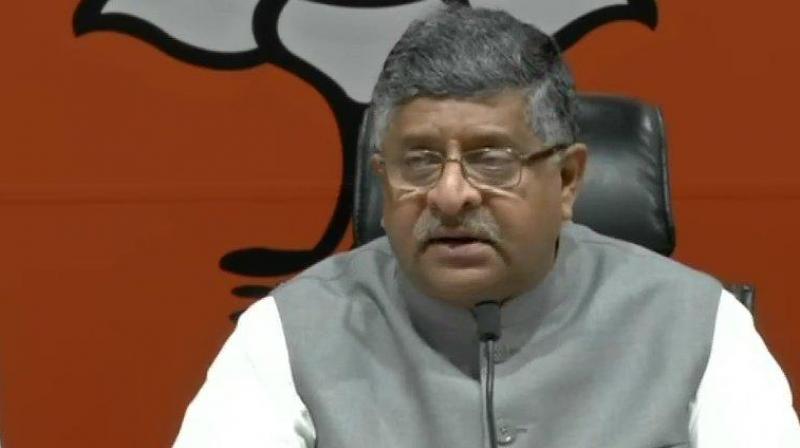BSNL, MTNL days numbered?

The days of BSNL and MTNL — the two public sector telecommunications behemoths — appear to be numbered. The Union finance ministry seems to have recommended their closure. Ostensibly, it is to prevent BSNL and MTNL from accumulating losses.
The finance ministry’s reported stand goes against an assurance given to the Rajya Sabha by communications minister Ravi Shankar Prasad three months ago towards making BSNL more competitive by upgrading its technology and infusing fresh capital. He had then noted that “to ensure stability in the telecom sector, one PSU (public sector undertaking) is very important”. Apart from ensuring sectoral stability, the government’s control over communications — through telecom, television and radio — is considered important in view of strategic considerations.
There is also a view that BSNL is not beyond redemption as all other telecom companies are either making losses or have accumulated mountains of debt since the arrival of Reliance Jio in 2016. Sample this: Airtel posted a loss of Rs 2,866 crores in the first quarter of fiscal 2019-20, while Vodafone lost Rs 4,874 crores. Compared to them, BSNL is estimated to have posted a loss of Rs 18,231 crores for the full financial year.
In terms of assets and liabilities, too, BSNL is well-placed. Of Rs 6,10,000 crores that telecom companies owe to financial institutions, BSNL's debt is merely Rs 13,500 crores. The top three private companies owe more than half of the sectoral debt.
After acquiring MTNL, the government has every reason to allow BSNL to adopt an asset-light model by monetising its land parcels across the country and use the proceeds to upgrade its technology by acquiring the latest spectrum. A voluntary retirement scheme should be offered. The government could also use over Rs 51,000 crores lying in the Universal Service Obligation Fund to bail out BSNL as it works for the fund’s aims by connecting the remotest parts of the country through telephony. Once the PSU becomes leaner and profitable, the government could divest the minority stake by listing it on stock exchanges and offer ESOPs to employees to make them stakeholders in the company’s growth.

